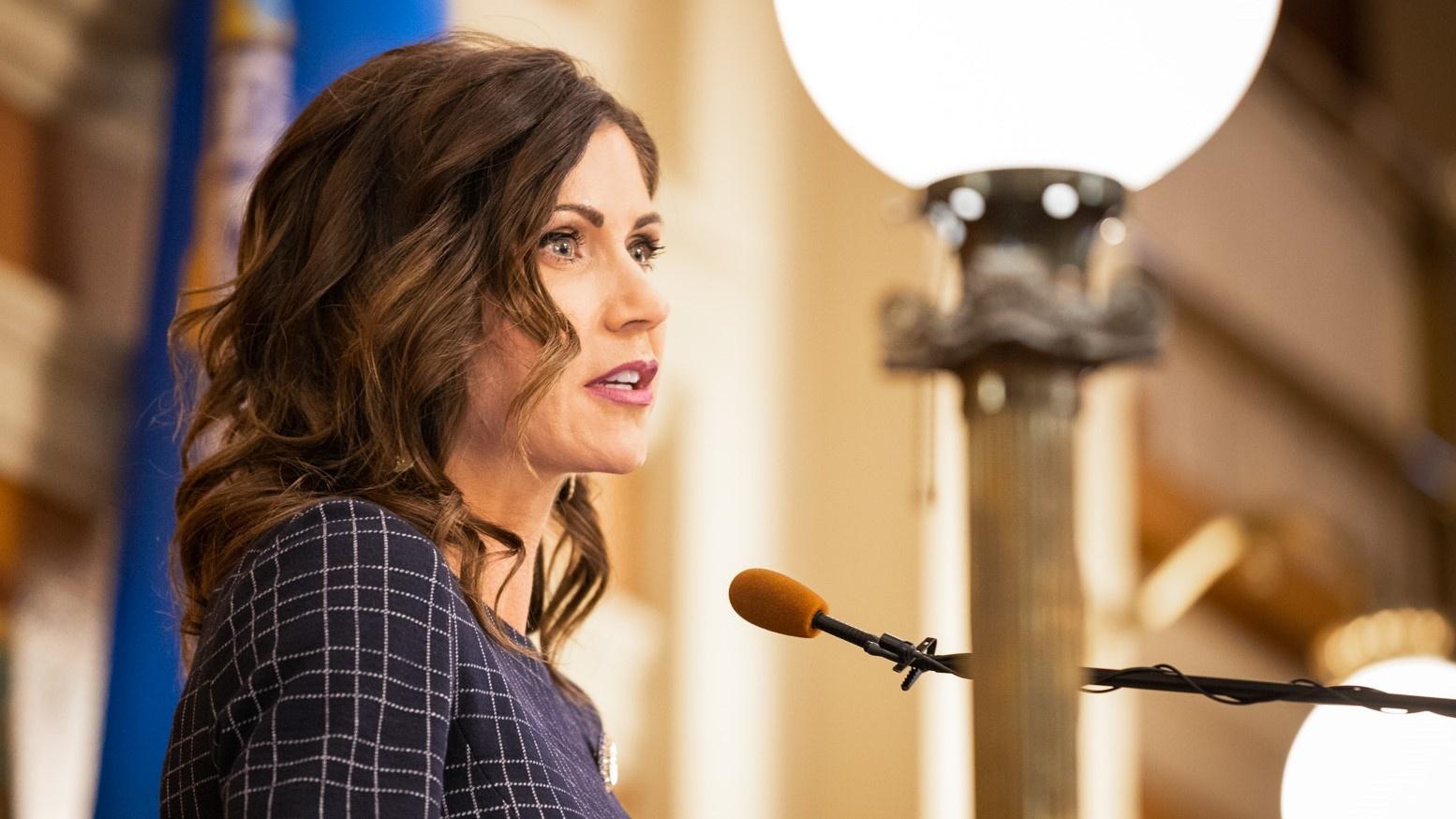Governor Kristi Noem says the Board of Regents has approved a draft policy restricting the teaching of critical race theory in the state’s universities.
The policy encourages exposing students to a variety of viewpoints, but never mentions critical race theory. The governing body of the state’s public universities adopted a statement called “Opportunity For All.”
In it, the policy states students will learn about America’s history, from its triumphs to its flaws and mistakes so that “we can learn from them and improve.”
It says students should be exposed to a variety of viewpoints, ideas, and theories so that they can be debated. The statement says that could include discredited or controversial ideas.
Noem says in a news release that the statement restricts the teaching of Critical Race Theory, but that phrase does not appear in the statement. Critical Race Theory teaches that race is a social construct and racism is not merely the product of individual bias or prejudice, but something embedded in legal systems and policies.
Tony Venhuizen is Governor Noem’s former chief of staff. He’s now a member of the Board of Regents.
He says the statement means the regental system is not going to take a concept like Critical Race Theory and make it the basis of the regental system’s curriculum—something he says is not happening today.
“Now, that doesn’t mean that a history major at some point in their career might not study that and scrutinize it and consider the pros and cons alongside other schools of thought and other theories,” Venhuizen says. “It’s not going to be the basis for instruction in South Dakota’s universities. It isn’t today and isn’t going to be.”
Governor Noem seized on the passing of the statement, tweeting she’s grateful the Board of Regents is limiting the application of Critical Race Theory and other controversial topics in South Dakota colleges and universities.
The policy statement makes no mention of prohibiting or banning any such topics.



